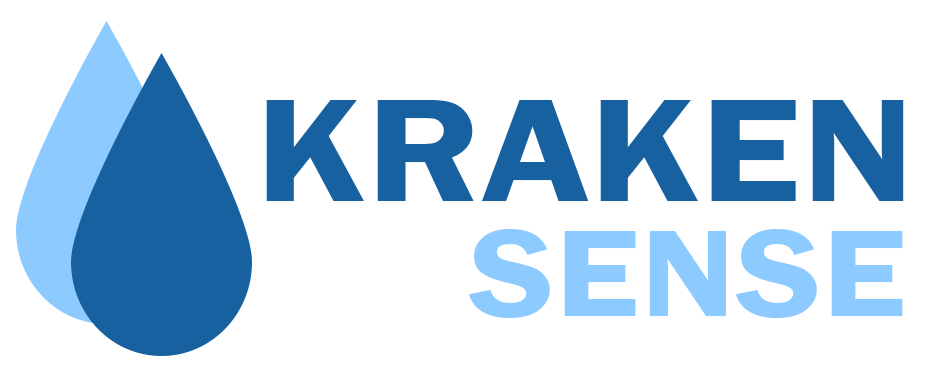Kraken Sense for Early Detection of Streptococcus pyogenes Through Molecular Adhesin Monitoring
Streptococcus pyogenes, commonly known as Group A streptococcus (GAS), is a versatile human pathogen responsible for a spectrum of illnesses, from mild strep throat and impetigo to life-threatening conditions like necrotizing fasciitis and streptococcal toxic shock syndrome. A groundbreaking 2003 study (PMID 12540558) shed light on how GAS adheres to human tissues: the bacterium utilizes a surface-bound enzyme called pullulanase (PulA), which exhibits both carbohydrate-degrading and glycoprotein-binding activities.
Why PulA Matters for Public Health
GAS adherence to host tissues is the first step in establishing infection, whether in the throat, on the skin, or within deeper tissues. PulA-mediated attachment enhances the bacterium's ability to colonize mucosal surfaces, evade immune detection, and cause disease. Identifying and interfering with this adhesion could pave the way for new prevention strategies (including drugs or vaccines).
How Kraken Sense Can Transform GAS Surveillance
Given the critical role of surface adhesins like PulA in GAS pathogenicity, leveraging real-time molecular detection tools becomes invaluable. Here's how Kraken Sense fits into the equation:
Rapid Detection of Adhesin-Positive Strains
Using qPCR assays designed to target the pulA gene or associated adhesin markers, Kraken Sense can detect GAS presence on surfaces, fomites, or in clinical swabs within ~60 minutes, well before traditional culturing methods yield results.
Automated Alerts Upon Pathogen Detection
Whether in schools, clinics, or food production environments, Kraken Sense enables continuous sampling and automated alerts when adhesin-positive GAS strains are identified, prompting immediate hygiene or containment actions to prevent spread.
Data-Driven Insights & Compliance Tracking
Kraken Sense’s web dashboard offers real-time tracking of GAS detection events, helping epidemiologists and infection control teams identify hotspots, monitor trends, and enforce preventive measures more effectively.
Broader Impact: From Molecule to Management
By detecting critical virulence factors like PulA, Kraken Sense not only confirms the presence of GAS but also signals an enhanced risk of tissue adherence and infection. This capability enables:
Early intervention in cases of strep throat outbreaks, especially in schools and daycares
Monitoring of deeper invasive GAS risk in healthcare facilities
Support for vaccine and anti-adhesin drug development by highlighting molecular patterns in circulating strains
The Future of GAS Surveillance
As GAS continues to adapt, capitalizing on adhesion mechanisms like PulA and evolving virulence factors, it’s clear that proactive detection matters. Kraken Sense offers a powerful, scalable tool for early GAS detection, whether through throat swabs, environmental sampling, or surface testing. By focusing on molecular markers of adhesion, Kraken Sense can alert health professionals before infections escalate, shifting the paradigm from reactive treatment to proactive prevention.
Conclusion
The discovery of PulA’s function in Streptococcus pyogenes illuminates a crucial step in the pathogen’s infection pathway. Kraken Sense transforms this molecular insight into actionable surveillance, detecting high-risk GAS early, enabling swift intervention, and safeguarding public health.
